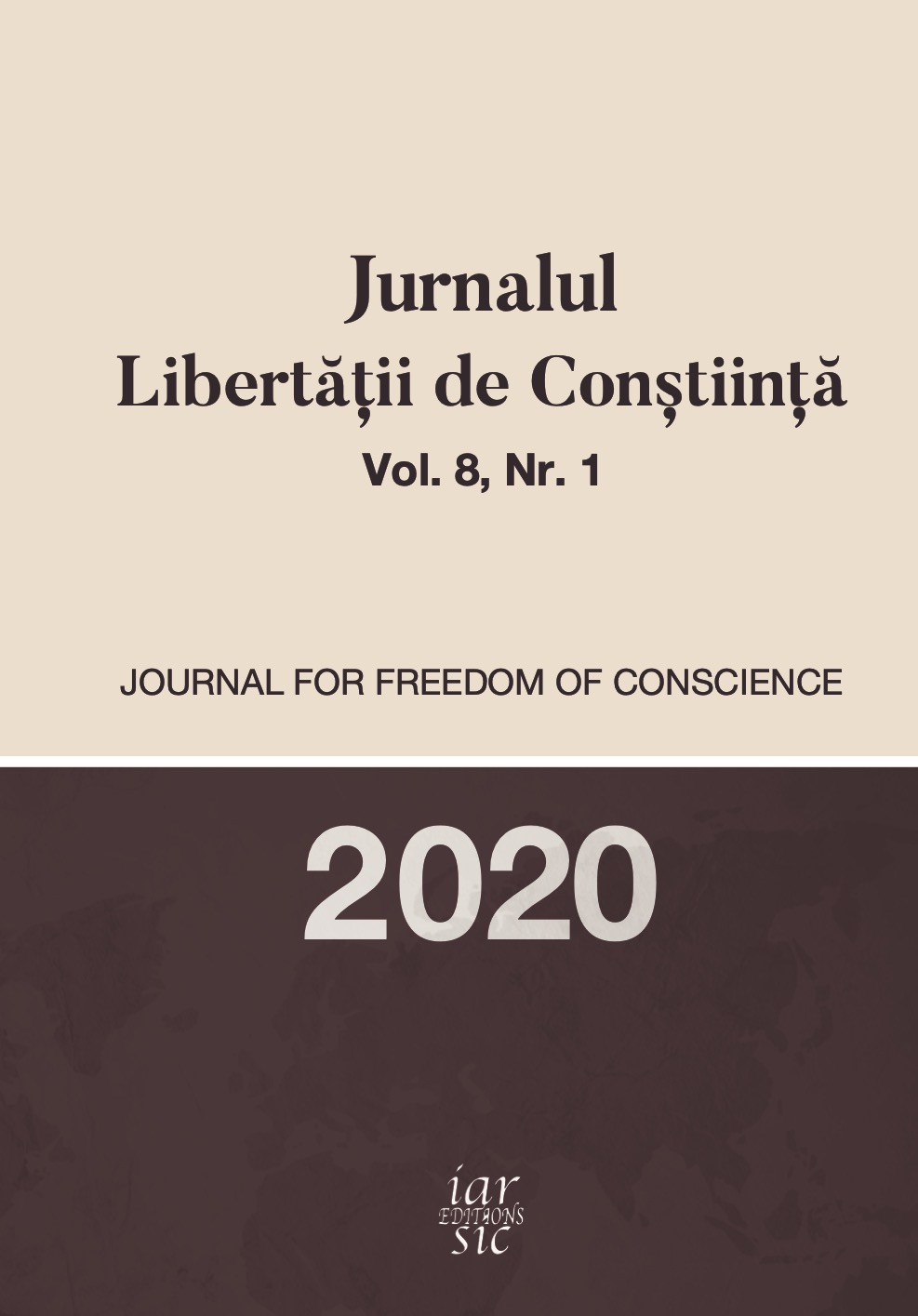EXERCISING CONTROL AND ELIMINATING ABUSES IN THE ORTHODOX METROPOLITANATE OF TRANSYLVANIA AT THE TURN OF THE 19TH AND 20TH CENTURIES
EXERCISING CONTROL AND ELIMINATING ABUSES IN THE ORTHODOX METROPOLITANATE OF TRANSYLVANIA AT THE TURN OF THE 19TH AND 20TH CENTURIES
Author(s): Paul BrusanowskiSubject(s): History, Local History / Microhistory
Published by: Editions IARSIC
Keywords: The Orthodox Metropolitanate of Transylvania; Andrei Șaguna; Statutul Organic; church synods; church consistories; National Church Congress;
Summary/Abstract: During the Dual Monarchy (1867-1918), the Romanian Orthodox Metropolitanate in Transylvania and Hungary was organised according to a church constitution that was unique in the Orthodox World at the time, namely Statutul Organic [the Organic Statute] adopted in 1868 by the National Church Congress of the entire metropolitan province. Based on both the autonomy of the church from state authorities, as well as the separation of powers within the Church and a very liberal law, Statutul Organic managed to entail important consequences on church life in general. Based on this church constitution, several regulations were voted by church legislative bodies (synods), which demanded integrity and eliminated various possible abuses. This article analyses a series of protocols of church synods and provides examples of good practices being imposed in church administration.
Journal: Jurnalul Libertății de Conștiință
- Issue Year: 8/2020
- Issue No: 1
- Page Range: 808-825
- Page Count: 18
- Language: English

